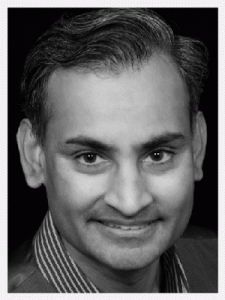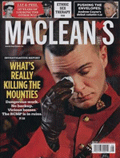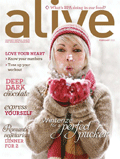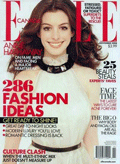About
Hello and welcome to my office!
You’ve made a long and thought-out decision to seek some assistance, and you are to be commended for taking the initiative to find a qualified and approachable counsellor. I welcome your interest in my work.
My fondest memory as to how I got started in sex and relationship therapy was my discussion with a celebrity. “Why did you choose to go into sex therapy?” was a question that Fanny Kiefer, of Studio 4, once asked me on her live television show.
I believe my answer went something like this: “You know, Fanny, my mother’s still wondering the same thing.” After Ms. Kiefer composed herself from laughing, I continued: “Actually, before I opened up my practice, there were only a hand full of sex therapists in British Columbia, and none was of Eastern descent. After I began, most of my clients appreciated that I had a good command of both the Eastern and Western cultures, family dynamics, and therapeutic interventions.”
It was after this show that I became known to my colleagues as Dr. Faizal, the “multicultural sex and relationship therapist.”
I soon realized that there was a need for a counsellor who could help those of diverse cultures. To satisfy this need, I considered all the various avenues through which I could help my clients.
Qualifications
Today, I am a board certified clinical sexologist by the American College of Sexologists (Diplomate status), registered by the Canadian Professional Counsellors Association, member of the American Psychological Association, member of the American Association of the Sex Educators, Counsellors and Therapists, and belong to the Canadian Sex Research Forum.
In addition to my private practice,
- I also write a monthly advice column (Dear Faizal, published in the Canadian Immigrant magazine),
- I host a radio advice show (Love Across Cultures on Link, CBC Radio Canada International),
- I am an instructor at Capilano University and Langara College,
- I am a media-consultant (for print, radio and television) on multicultural relationship issues,
- I am the past National Communications Director of the Canadian Professional Counsellors Association,
- I am a Provincial Director of Options for Sexual Health (formerly called Planned Parenthood),
- I am an approved clinical supervisor, and
- I am the author of Dating the Ethnic Man: Strategies for Success.
Private Practice
In private practice since 1997, I have counselled many individuals and couples that have shared with me stories about their challenges in initiating and maintaining a romantic relationship with someone from a different culture or of a different race. I’ve heard comments like:
“My Black boyfriend is dating me, but keeps on putting down everything about my race. He says that he’s denying his heritage. What’s that about?” (a Caucasian woman)
“Though my Persian boyfriend says he loves me, he refuses to introduce me to his family. He is not gay, and he assures me that he is not married. I don’t understand what the problem is” (Caucasian woman)
“I really want to go out with this Caucasian man, but even dating is taboo in my community. What should I do?” (Pakistani woman)
“I’m really into Oriental women. Is it normal to want to only date those from a particular race?”
(a Caucasian man)
“My girlfriend’s parents didn’t understand that in the West, having premarital sex doesn’t mean you have to get married” (girlfriend’s family from Japan)
Concerns like these are common in the international dating scene, where inter-racial dating thrives.
Cross-cultural romances are now common. But they bring new challenges.
In our multicultural society many people are attracted to those of different backgrounds. Their accent, exotic appearance, or unfamiliar relationship style are often irresistible. But the very things that attract can also create problems. Multicultural romance often ends in heartbreak.
In our sessions, my clients get a heads-up in relating to those outside their culture. They learn how to do a multicultural reality check, and identify the key indicators that spell future trouble. The goal of therapy is for singles and couples to make their relationship with their partner the best that it can be.
Though cross-cultural relationships is one of my specialties, I am trained in and offer counselling for a wide variety of issues to individuals and couples of all sexualities, cultures, races, religions, and backgrounds.





